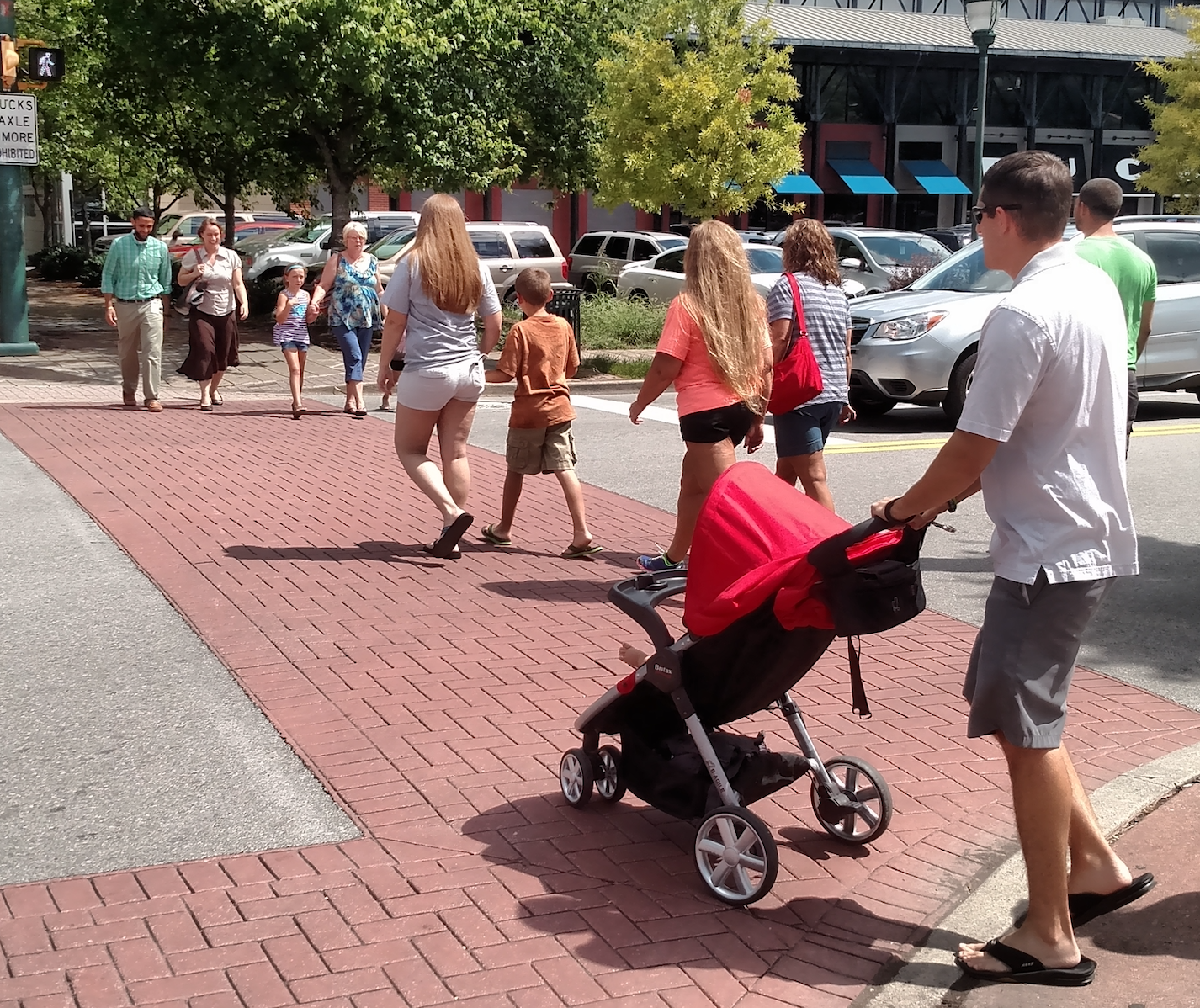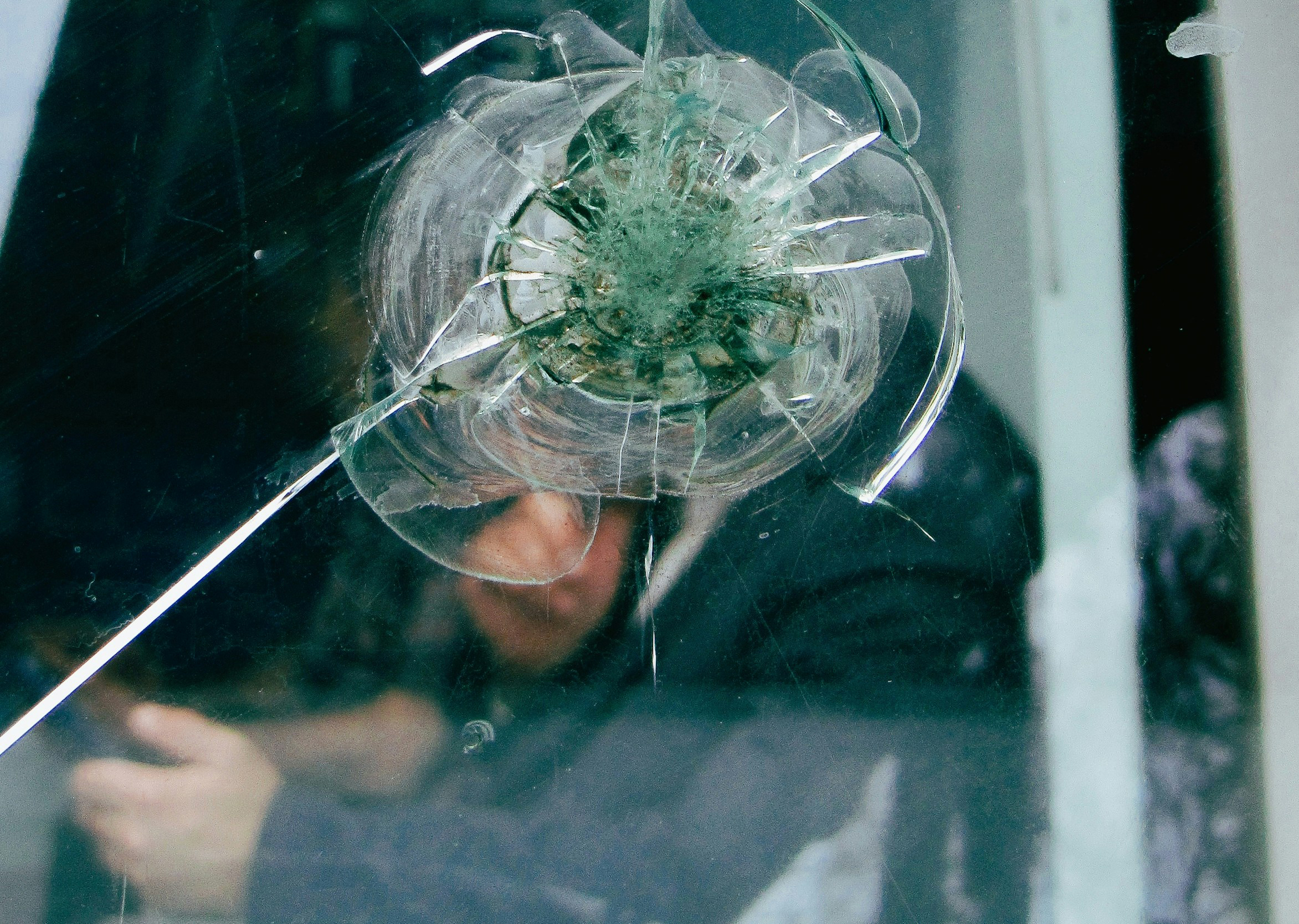
It was never about cost overruns. It was never about New Jersey's share of the price tag. Chris Christie's decision to kill the ARC tunnel under the Hudson River was always about two, and only two, things: the governor's unwillingness to raise the state's rock-bottom gas tax and his desire to make a name for himself among national Republicans.
A new report from the Government Accountability Office, the independent and non-partisan investigation agency of the federal government, lays bare what transit advocates knew all along: Christie wanted to break into the piggy bank of transit dollars put aside by previous administrations and use the money to bail out the state's highways. He was willing to say anything to get his way.
Christie's untrue statements about New Jersey's most important transit project were catalogued by the New York Times, which broke the news of the GAO report this morning. The governor claimed, for example, that New Jersey would be paying 70 percent of the cost of building the first new rail tunnels under the Hudson in a century, which he argued was too high. The GAO found that the state would only shoulder 14.4 percent of the cost.
Christie repeatedly cited cost overruns, which he said would put the total price tag at up to $14 billion, as a reason to pull the plug on the project. But, reported the Times, "the range of estimates had in fact remained unchanged in the two years before he announced in 2010 that he was shutting down the project. And state transportation officials, the report says, had said the cost would be no more than $10 billion."
Compare that to the value that ARC would have created for New Jersey. At the time, analysts predicted that the project would raise New Jersey property values by $18 billion and allow $50 billion in new wages to come back to the state from New York City. The GAO concluded that the ARC tunnel would have provided the region with economic, environmental and mobility benefits, though the report could not quantify to what extent.
So why did Governor Christie willfully deceive and beggar the citizens of his state? As Streetsblog reported at the time, it was all about New Jersey's empty, debt-ridden transportation trust fund. New Jersey's gas tax, the third-lowest in the country, hasn't been raised for 23 years. The infrastructure funding woes that can be found across the country, therefore, are even more acute there. When Christie killed the ARC tunnel, the highway trust fund was expected to go bankrupt within a year.
The sustainable fix would have been increasing the gas tax, at least to the level of New Jersey's neighbors, but Christie went for the fiscally irresponsible and politically explosive option of stealing from transit riders instead. By taking almost $3 billion from what the Regional Plan Association's Ingrid Michaelson at the time called "the cookie jar of money that previous governors have set aside for ARC," Christie bought himself two or three years of road-building and national attention from conservatives (including an impassioned movement to recruit him to run for president).
“In hindsight, it’s apparent that he had a highly important political objective," said Martin Robins, a former director of the ARC project now at Rutgers, to the Times: "to cannibalize the project so he could find an alternate way of keeping the transportation trust fund program moving, and he went ahead and did it."





